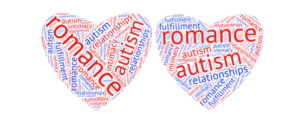
A Spectrum of Love
Romantic love, a yearning made urgent by Cupid’s visit this month, is a subject with which many in our community are preoccupied. They wonder if and how they will find love, and when they do, how they might navigate its occasionally tricky waters. We spoke to Dr. Catherine Lord, Director of the Center for Autism and the Developing Brain, a NEXT for AUTISM (NEXT) portfolio program, for some answers about love and autism.
NEXT: Dr. Lord, is romantic love possible for people on the autism spectrum?
Dr. Lord: Absolutely. There’s a potential for romantic relationships among people with ASD, albeit now, they happen for only a small segment of that population. It’s definitely something that I encourage patients to aspire to if that’s what they want.
NEXT: Have you worked with patients who have been in successful romantic relationships?
Dr. Lord: Yes. It’s wonderful when it happens. There was a young man in his late 20s who had a deep passion for comics.* He created a website and devoted many hours to it. A fan who was also enthusiastic about comics posted a comment on the site, and they began a correspondence about comics over many months. Eventually, they met in person. It wasn’t love at first sight as you might read in a romance novel, but a slow, careful building of a relationship with much negotiation. (*Personal details have been changed to protect the patient’s privacy.)
NEXT: What did they negotiate?
Dr. Lord: They didn’t date in the conventional sense. They got together to talk about comics, but they had to learn (with advice they sought from others) how to converse, to listen and to practice appropriate responses. They learned how to connect, and also how to resolve minor disagreements, so that they don’t escalate into major ones.
After several years, they moved in together and negotiated that process carefully, too. Even though they shared a home, they each delineated their own physical space and kept separate routines. A lot was separate for many years: their schedules, their things, even the food in their refrigerator. One person’s dairy products were kept from the other’s greens. What has been nice to see throughout the years, though, is that they began to share more of their lives with each other. Their schedules started to merge, their things combined, and they grew closer to each other emotionally and physically. After 10 years of living together, they are now happily married. It was slow, but the hard and thoughtful work paid off. They recognized the importance of their bond and were very committed to making the relationship work. They also received a lot of love and support from family.
NEXT: That’s a wonderfully hopeful story. But as you said, romance happens only for a small segment of the population that is on the autism spectrum. For the rest, what’s possible?
Dr. Lord: A lot is possible, and most or almost all people on the autism spectrum want social connection. With help, I believe they can develop relationships that are as meaningful and fulfilling as the romantic ones. We work with patients on a number of social skills to encourage positive relationships. These skills are familiar to most of us, but can be challenging for people with ASD. They may have to be taught and reinforced through practice. A few of these social skills are:
- Manners – Learning to be kind, to say please and thank you, and to be polite
- Conversation – Learning to converse by listening to what the other person is saying, and formulating responses that are appropriate; practicing such phrases as “It’s so nice to talk to you/ meet you.” “Thank you for listening.” “I hope we meet again soon.”
- Compromise – Developing the ability not to be self-centered, but instead to be considerate and to compromise; just as importantly, learning a happy medium between being flexible about the other person’s wishes, while still advocating for yourself
- Patience – Understanding that not everything has to happen at once, and that you have to give the other person a chance.
NEXT: How can people on the autism spectrum meet each other?
Dr. Lord: That is a question that I get frequently from families. My advice is to encourage a passion in your young person and then find ways to construct social activities around that. If they don’t have a passion, then help them try a skill such as playing an instrument or cooking, a sport or hobby. It doesn’t have to be about mastering the skills, just about having an activity that may lead to social opportunities.
NEXT: Are there places where people with ASD can meet online or in person?
Dr. Lord: I would advise caution with online dating for people in our community. I know that patients enjoy being online and on social media, and some of them do successfully find connections online. But I have also had patients who were unable to discern the true motives or characters of the people they meet online.
Meeting people in person would be preferable. One strategy that we suggest to patients is to visit a place frequently, at the same time of day and week – a coffee shop, for example. Our hope is that they will start to see familiar faces on a daily basis, and develop acquaintances and eventually, friendships.
Another strategy is to join groups or organize your own gatherings. At the Center for Autism and the Developing Brain, we have activities such as cooking and movie groups that are designed to facilitate interactions and to teach social skills. The emphasis is not on romance, but we might show romantic movies such as Sleepless in Seattle and Love Actually. Then, we discuss the movie and encourage the patients to act out select scenes. This helps to teach them role-play and to work through potentially tricky scenarios. And of course, around Valentine’s Day, some groups do exchange Valentines. Everyone has to give and receive one, and again, we emphasize consideration and kindness. For our patients, these small gestures and group interactions can be just as personally fulfilling as a romance!
Catherine Lord, Ph.D. is the Director of the Center for Autism and the Developing Brain a joint project of NewYork – Presbyterian Hospital, Weill Cornell Medical College, Columbia University College of Physicians and Surgeons in partnership with NEXT for AUTISM. To learn more about CADB visit https://nextforautism.org/work/cadb/

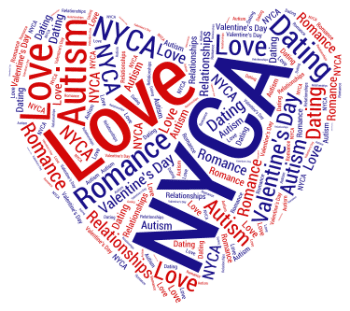
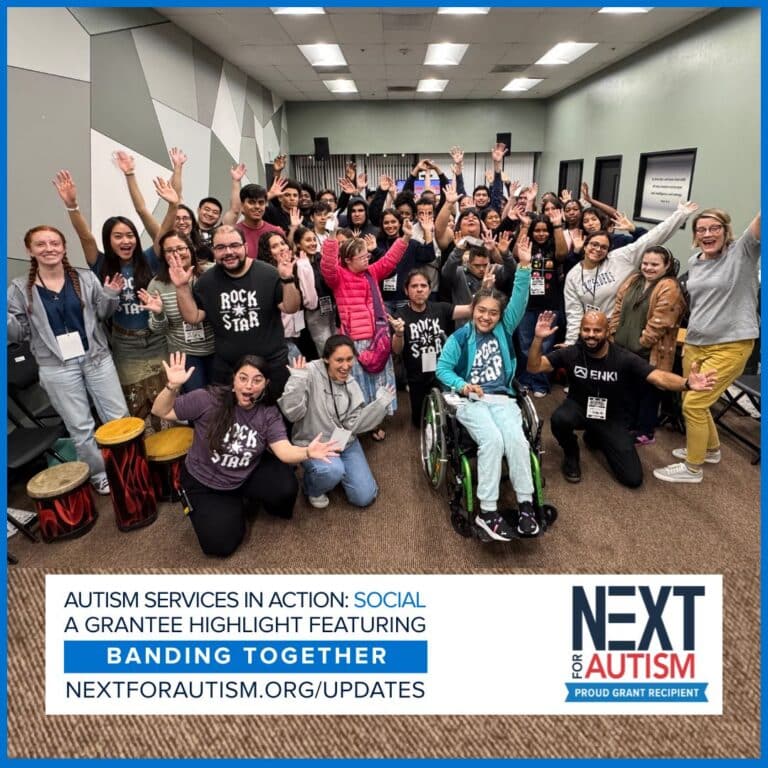
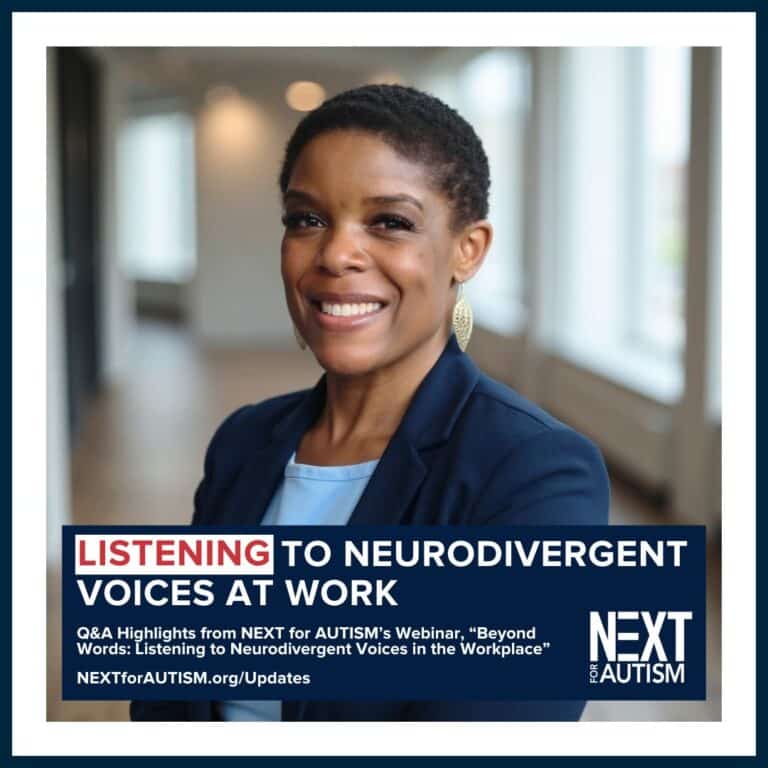
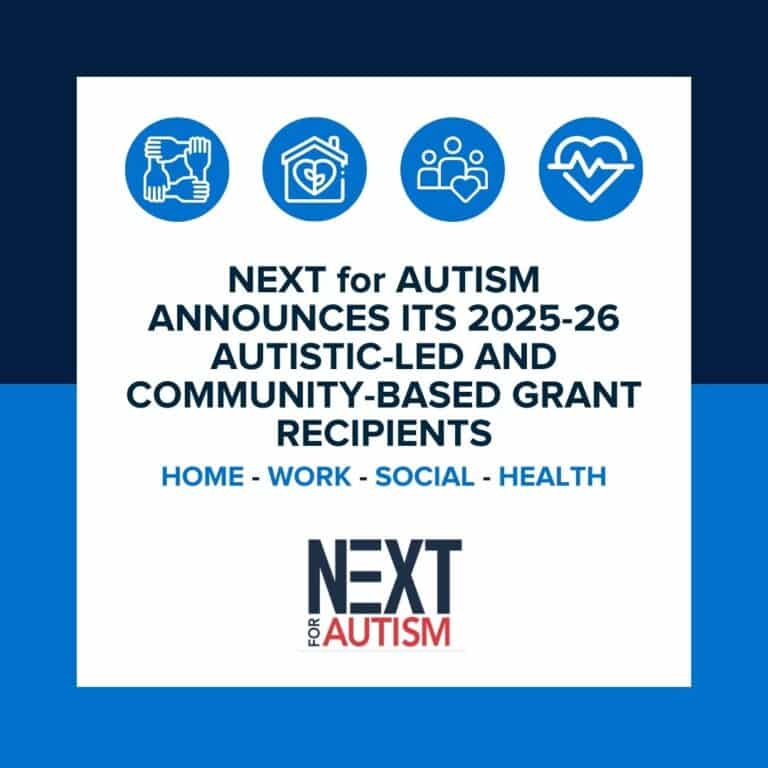


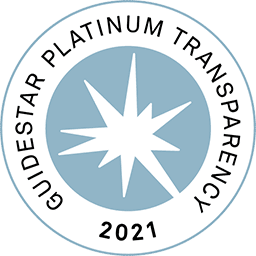
Leave a Reply